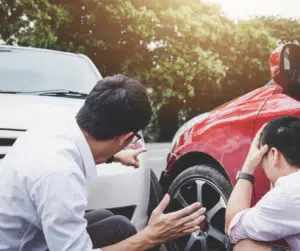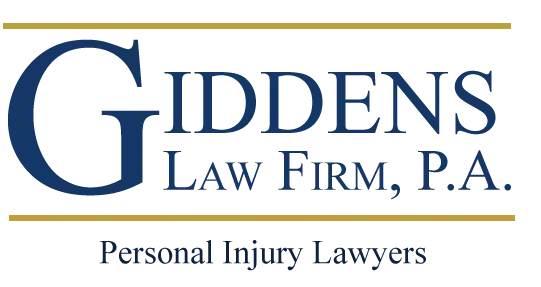What To Do After a Minor Car Accident?

The good news, however, is that the vast majority of car accidents are minor. This, of course, is not to say they’re not still incredibly stressful and unpleasant. But a minor car accident usually means one in which neither vehicle is totaled or damaged beyond repair, and no parties involved are severely injured.
However, even a minor car accident still requires some action in the aftermath, to ensure that you’re both meeting legal requirements and claiming any compensation to which you may be entitled. So, what to do after a minor car accident?
Check for injuries, and call 911 if necessary
After a minor car accident of any kind, your primary goal should be to check yourself for injuries. Sometimes the rush of adrenaline that occurs during an accident can cause you to miss or ignore injuries that you would otherwise notice; for this reason, give yourself a thorough once over to check for lacerations, bleeding, and any other kind of injury.
If you require any medical assistance, or if another party at the scene requires medical assistance, call 911. Try to remain as calm as possible so that you can explain to the operator exactly what happened, where you are, and any other information they may need.
Call the police
Even if there are no clear major injuries, and even if the other party insists it’s not necessary, you should call the police. The main reason for this is that once the police arrive, they will create an official report of the accident. This will be a crucial document if you do need to file an insurance claim or a personal injury suit later on. Some of the information the police will write down may be difficult to prove later on if you don’t have this report.
For instance, it’s possible for the other driver to even deny that the accident happened altogether; with a police report, this is avoided. Police don’t always make an assessment of who is at fault in their report, but they do have the discretion to do so. This can also be useful to you down the line. Remember to take down the name and badge number of the officers who respond to the scene.
If you do not call the police to the scene, you may be required to file a report of the accident. In Mississippi, if someone is hurt or if there is property damage that exceeds $250, a written report of the accident must be filed with the police within ten days of the accident. Calling the police and having them file the report also alleviates you of this duty.
Document the scene and gather evidence
It’s always wise to document the scene as soon as you can after a minor car accident. Take photos of both vehicles, their license plates, and any damage. Take photos of the surrounding scene as well so that anyone looking at these images has a sense of the layout. Again, all of this can be useful evidence should you file an insurance claim or a personal injury claim later on.
Documenting the scene can also mean jotting down notes about what happened while the accident is still fresh in your memory. It’s easy for memories to get muddled with the passage of time, especially in the stressful aftermath of an accident, so it’s helpful to have a clear record of exactly what occurred.
Move your vehicle to a safe location
After a minor car accident, your car will most likely be drivable. If possible, you and the other driver should move your cars out of the flow of traffic and into an area where you can safely park. Turn on your hazard lights as well, as this alerts other vehicles to steer clear, especially if you’re not able to move into a legal parking zone.
Exchange information, but speak wisely
You should always exchange information with any other parties involved in the crash. This includes their name, their license plate number, their address, their phone number, and their insurance information.
If possible, it’s wise to get their policy number as well. However, be wary when speaking to another party involved in the crash, and keep all conversation to the cordial exchange of information. Something as simple as saying “I’m sorry” can be taken as an admission of fault, and could be used against you later on. You should also refrain from placing blame on the other driver, as this can unnecessarily escalate the situation.
Speak to Witnesses
Even if the police are speaking to witnesses, it’s recommended to do so yourself as well. They may have seen some aspect of the accident that you could not see from inside the vehicle, and this may be helpful information. You have the right to ask for their name and contact information, though they are not legally obligated to provide it.
Stay on the scene
Never leave the scene until the police give the go ahead and you have exchanged information with the other parties involved. The only exception, of course, is if you are injured and need to leave the scene to seek medical attention.
Call your insurance provider
As soon as you are able to do so, you should call your auto insurance provider to let them know what happened. It’s important to do so regardless of who was at fault. Depending on the circumstances, you might want to file a claim, or the other driver may want to file a claim. In either case, it’s important for your insurance provider to know what’s going on. However, you should not discuss fault with your insurance provider until you talk with an attorney. If they ask you to do so, you can decline for the moment and let them know you’ll be in touch later.
Call a Mississippi Car Accident Lawyer
It’s always in your best interest to at least have a consultation with one of the experienced Mississippi car accident lawyers at Giddens Law Firm. We will assess your car accident case and let you know if you’re eligible for any potential damages, such as medical bills for injuries that have become apparent since the accident, or car damage you didn’t notice at the scene.
If you don’t go the personal injury route, your attorney can also help you navigate the insurance process. This will ensure that you’re not taking on undue fault or being shortchanged by an insurance company that wants to pay out as little as possible.
Remember, your consultation at Giddens Law Firm is always free, so do not hesitate to reach out and get more details on what to do after a minor car accident. We only get paid if you win, and we are ready to fight to protect your rights.
Related Practice Areas

